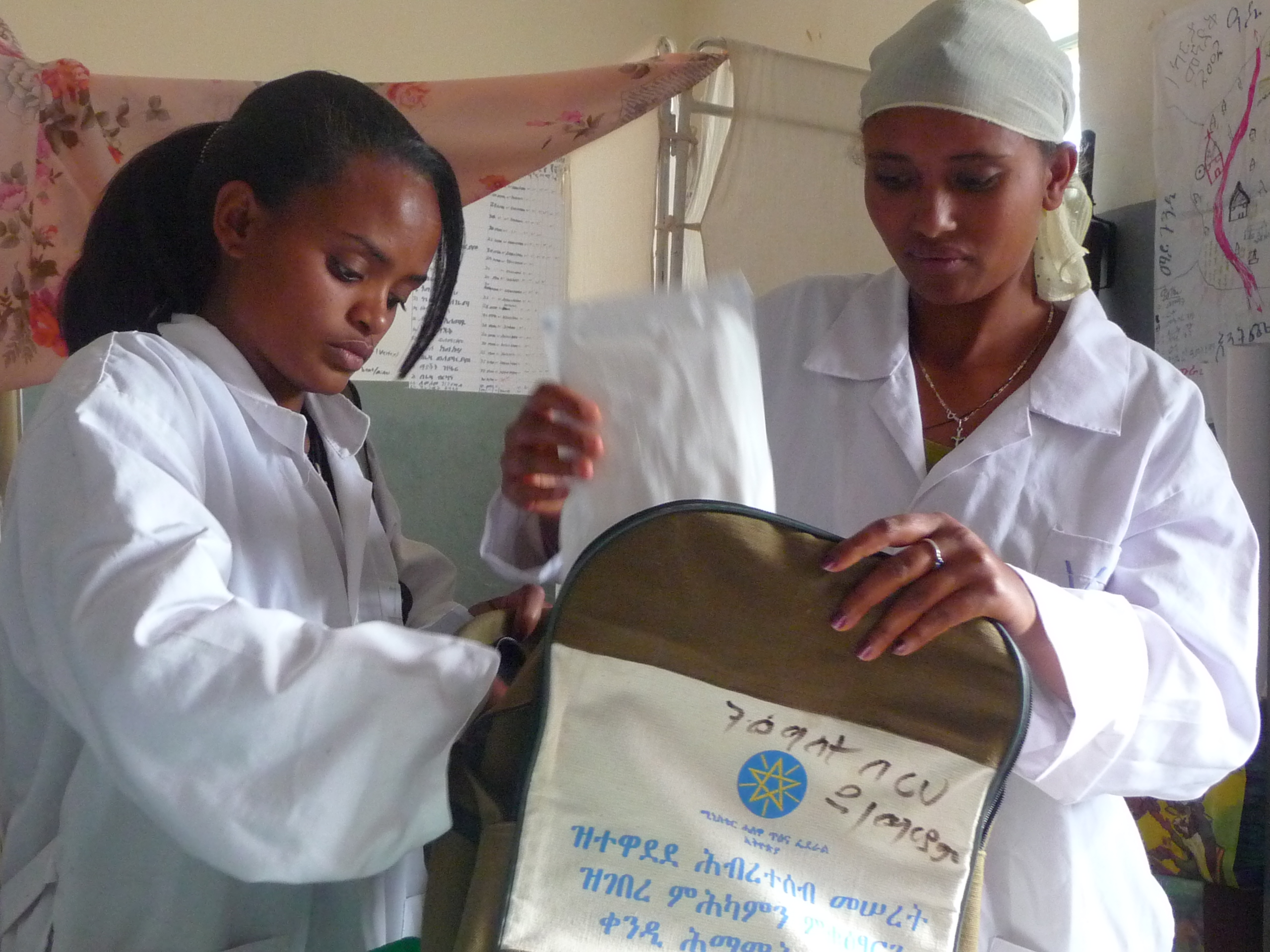What is wrong with global health? So-called glorified data collectors in low-income regions
In a conversation with a friend (a well qualified epidemiologist, who trained at one of the top institutions in the world and is currently based at an institution in Africa), he acknowledged the power imbalances present in global health, describing his position of local research coordinator as a so-called glorified data collector. Through a deep reflection of the descriptive details he gave, I realised I might have also been a so-called glorified data collector at one point in time.To understand how these power asymmetries between researchers in high-income regions and glorified data collectors in low-income regions play out, let us take one hypothetical situation as an example. A group of researchers from a high-income country secure a multi-million US dollar, multi-country research grant. They recruit local lead professionals, possibly with a master’s degree or a PhD, to coordinate activities in each country. The lead research team is based in a high-income country, comprising a principal investigator, research fellows, and assistants.
The role of each country’s lead coordinator is restricted to securing ethical clearance from the local authority, reviewing tools for data collection, and coordinating field work. In addition to remuneration for their professional services, they are offered co-authorship (with their names usually positioned in the middle of the author list) of published research articles. During the preparation of such articles, advanced analyses and methodology are decided and conducted by the lead research team, with the local coordinator only reviewing the manuscript and, in most instances, ensuring that it is culturally and politically acceptable. This hypothetical example represents the reality of many global health professionals coordinating such partnerships. It is therefore unsurprising that bibliometric studies published in 2014–18, show deep disparities in the proportion of first authors from low-income and middle-income countries
Odjidja E. N. (2021). What is wrong with global health? So-called glorified data collectors in low-income regions. The Lancet. Global health, 9(10), e1365. https://doi.org/10.1016/S2214-109X(21)00371-5
IMAGE CREDIT: Health Workers Prepare for the Trek to a Village they Serve by Kelly Ramundo, USAID is licensed under CC BY-NC 2.0

